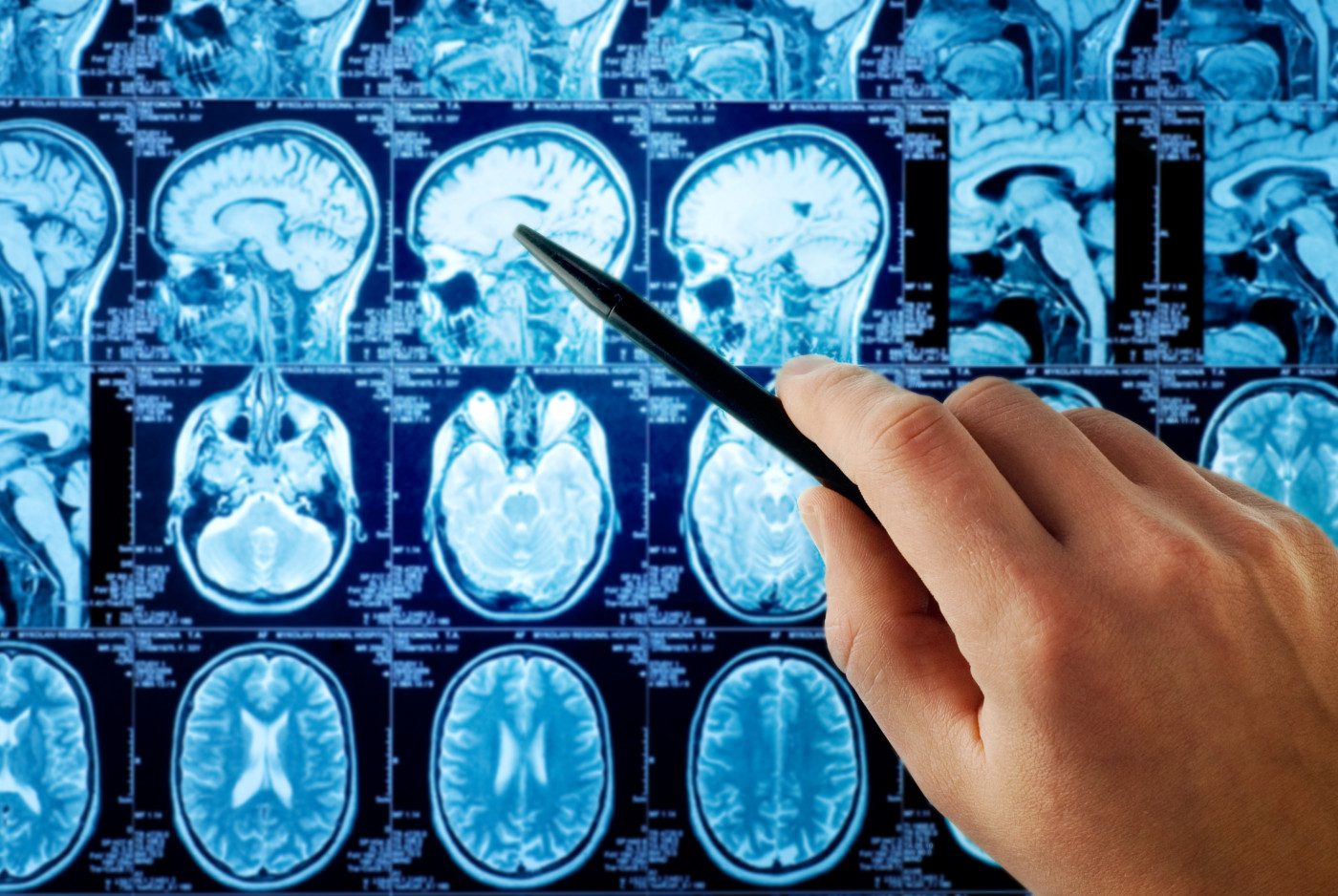Tecfidera Effective in East Asian RRMS Patients, Phase 3 Trial Shows

Tecfidera (dimethyl fumarate) demonstrated strong efficacy in Japanese and other East Asian patients with relapsing-remitting multiple sclerosis (RRMS), a Phase 3 clinical trial shows.
These results are consistent with previous clinical trials, which included mostly white MS patients, and show that Tecfidera can also be effective across various other patient demographics.
Findings of the trial were reported in the study, “A randomized placebo-controlled trial of delayed-release dimethyl fumarate in patients with relapsing-remitting multiple sclerosis from East Asia and other countries,” in the journal BMC Neurology.
Tecfidera, a delayed-release dimethyl fumarate capsule, marketed by Biogen, is an oral therapy approved in many parts of the world for the treatment of RRMS.
In previous Phase 3 clinical studies, DEFINE (NCT00420212), and CONFIRM (NCT00451451), Tecfidera showed substantial effectiveness on clinical and neuroradiological measures in RRMS patients. The study participants were predominantly white (79% in DEFINE and 84% in CONFIRM), and there were 10% or fewer East Asian patients.
In general, very little data is available on Tecfidera’s effectiveness in East Asian MS patients. In this APEX Part 1 (NCT01838668) trial, researchers from the Kansai Medical University in Japan and Biogen evaluated the safety and efficacy of Tecfidera over 24 weeks (six months) in the treatment of RRMS patients from East Asia and other countries.
Participants with active MS between the ages of 18 and 55, with ethnic origins in Japan, South Korea, or Taiwan were included. To compare East Asian and white MS patients, study enrollment was expanded to patients from Eastern Europe (Czech Republic and Poland).
In all, the six-month, double-blind, placebo-controlled study recruited 225 patients, 142 of whom were East Asian (63.4%). It was completed by 213 participants.
Patients were randomly assigned to receive Tecfidera, (240 mg, twice daily) or a matching placebo for six months. They were assessed at the beginning of the study, at three months, and again at six months. They underwent MRI (magnetic resonance imaging) scans for neurological examination, in addition to routine health checks.
The primary objective of the study was the total number of new inflammatory lesions on brain MRI scans from three to six months. Secondary goals included the number of specific new, or newly enlarging T2 hyperintense lesions — lesions reflective of damage to nerve cell connections — from the beginning of the study to six months. Tertiary goals included standard safety measurements, and annualized relapse rate over six months.
“We chose radiological measures to serve as primary and secondary endpoints, due to the ability of MRI to detect lesions that might not produce clinical manifestations in the short-term,” the researchers wrote.
Results showed that Tecfidera treatment significantly reduced (84%) the total number of new MRI lesions from weeks 12 to 24 (primary objective), compared with placebo — specifically by 85% in the Japanese subgroup, 81% in the total East Asian subgroup, and 87% in the Eastern European subgroup.
Regarding the trial’s secondary objective, the total number of new MRI lesions from the beginning of the study up to six months was reduced by 75% in the Tecfidera group (78% in the Japanese, 76% in the East Asian, and 73% in the Eastern European subgroups), and the mean number of new/newly enlarging T2 hyperintense lesions was reduced by 63% in the Japanese, and 58% in the East Asian subgroups, compared with placebo.
Most patients reported one or more adverse events (77% in the placebo group and 86% in the Tecfidera group). Most adverse events were mild or moderate in severity, and the ones affecting patients taking Tecfidera either related mainly to flushing symptoms or to gastrointestinal problems.
The team concluded that the “results suggest that the strong efficacy and favorable benefit-risk profile of [Tecfidera] extends to Japanese and other East Asian patients with MS.”
The second part of the ongoing clinical trial, APEX Part 2, is an open-label extension trial — where both the researchers and participants know which treatment they are getting — designed to further examine the long-term safety and tolerability of Tecfidera in East Asian MS patients.






